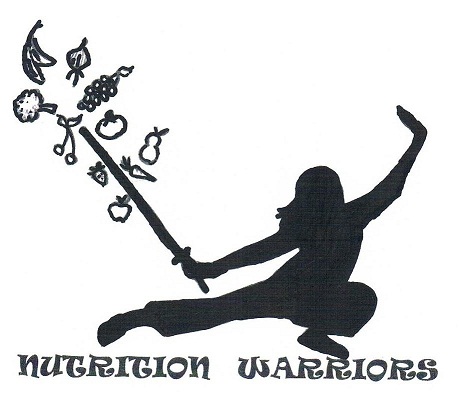Ulcerative Colitis
If you have been diagnosed with ulcerative colitis or have digestive problems; you should be checked by a doctor for food intolerance and avoid those foods. Most common food sensitivities are to wheat, dairy, yeast, and egg whites products.
You should follow a low carbohydrate, high plant protein diet. Eat baked fish, chicken, turkey without the skin and avoid fried foods.
Eat lots of raw or steamed vegetables. Add lentil, brown rice, rice cakes to your diet for fiber. Follow a low fat diet ( oils make diarrhea worse) and only eat low fat milk and cheeses.
eat
bananas help heal intestines
salmon, tuna, cod, sardines
turmeric
soy foods
yogurt
onions, garlic, leeks
bananas help heal intestines
salmon, tuna, cod, sardines
turmeric
soy foods
yogurt
onions, garlic, leeks
apples, cranberries, blueberries
whole wheat products (if not gluten intolerant)
whole wheat products (if not gluten intolerant)
drink 8 – 10 oz glasses of water a day
green leafy vegetables and carrots
vitamin K found in foods like kale, spinach, romaine lettuce, and basil
magnesium food in foods like spinach, summer squach, pumpkin seeds,basil, and cucumbers
B6 found in foods like spinach, bell peppers, garlic, tuna, celery, watermelon,and cod
- Limit dairy products. You may be lactose intolerant; that is when your body can’t digest the milk sugar (lactose) in dairy foods. Make sure to get calcium from other sources than dairy to keep strong bones.
- Experiment with fiber. For most people, high-fiber foods, such as fresh fruits and vegetables and whole grains, are the foundation of a healthy diet. But if you have inflammatory bowel disease, fiber may make diarrhea, pain and gas worse. If raw fruits and vegetables bother you, try steaming, baking or stewing them.
- Avoid problem foods. Eliminate any other foods that seem to make your symptoms worse. These may include “gassy” foods, such as beans, cabbage and broccoli, raw fruit juices and fruits, popcorn, caffeine, and carbonated beverages.
- Eat small meals. You may find that you feel better eating five or six small meals rather than two or three larger ones.
- Drink plenty of liquids. Try to drink plenty of fluids daily. Water is best. Beverages that contain caffeine stimulate your intestines and can make diarrhea worse, while carbonated drinks frequently produce gas.
- Probiotics. Because bacteria in the intestine have been implicated in ulcerative colitis, researchers suspect that adding more of the beneficial bacteria (probiotics) that are normally found in the digestive tract might help combat the disease.
- Fish oil. Fish oil acts as an anti-inflammatory, but studies on its possible benefits for people with ulcerative colitis have had conflicting results.
- Aloe vera. Aloe vera juice has been purported to have an anti-inflammatory effect for people with ulcerative colitis, but there’s no strong evidence to back this claim. In addition, when ingested, aloe vera can have a laxative effect.
- Tumeric. Curcumin, a compound found in the spice turmeric, has been combined with standard ulcerative colitis therapies, such as corticosteroids or sulfasalazine, in clinical trials. This combination helped improve symptoms and allowed smaller doses of the standard drugs to be used. This evidence comes from two small studies, however. More research is needed before this treatment can be recommended.
Avoid
butter, carbonated drinks, spicy foods, red meat, sugar, caffine, processed foods, These foods irritate the colon.
do not eat fruit on an empty stomach because of the acid
Reduce stress. When you’re stressed, your normal digestive process can change, causing your stomach to empty more slowly and secrete more acids. Stress can also speed or slow the passage of intestinal contents. It may also cause changes in intestinal tissue itself.
Although it’s not always possible to avoid stress, you can learn ways to help manage it.
